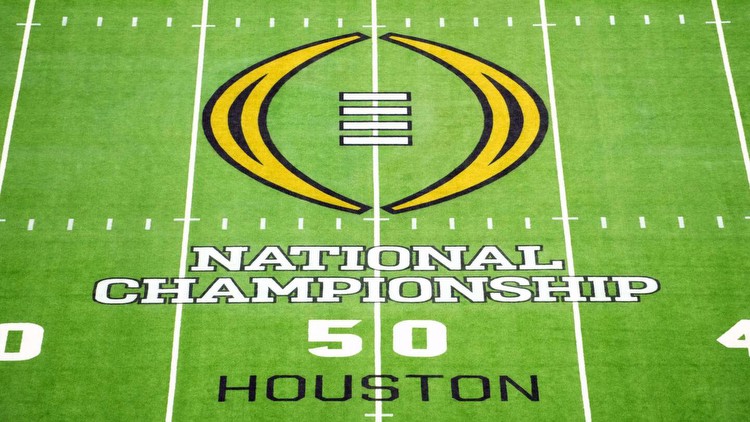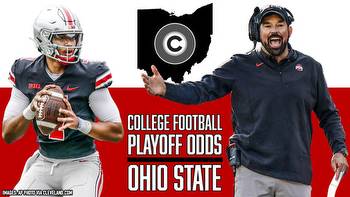College football expands playoffs from four teams to 12

The college football playoffs are expanding. For better or worse.
Via ESPN.com, the current four-team format will grow to twelve. The field will consist of the five highest-ranked conference champions along with seven at-large berths.
This usually will result in the champions of the SEC, Big Ten, Big 12, and ACC automatically getting in. If, however, the champion of one of the power four conferences finishes lower in the official playoff rankings below two of the champions from the other eligible conferences (American Athletic Conference, Conference USA, Mountain West, Sun Belt, and Mid-American Conference), they will have to qualify as at-large participants.
The top four conference champions will have a bye; the bottom eight will play to create the opponents for the quarterfinal round.
The expanded playoff field sets the stage for two potentially significant unintended consequences. First, with 12 teams in the field, some of the games will not be competitive. In most years, for example, the No. 1 team will destroy the champion of the No. 8 vs. No. 9 game.
Second, the extra games (up to four for the teams that don’t get a bye) will complicate the decision-making process for draft-eligible players. Will, for example, a key player on the No. 12 seed skip the game against the No. 5 seed, if the No. 5 seed is expected to win easily? Will that player then play, if/when the No. 12 seed wins a game or two?
Or will a player on a team that faces very long odds to win it all just tap out before the tournament even begins?
Likewise, will a key player on a top team skip the quarterfinal round, if the team is expected to steamroll the opposition?
It’s been assumed that all players will choose to play in any/every game that is part of a single-elimination chase for a championship. Now that college players finally are allowed to make their own business decisions about the business of college football, that might not be the case.
Regardless, there will be more teams. Which means more games. Which means more money.
For everyone but the players, of course, who remain relegated to whatever they can finagle through the NIL process.































